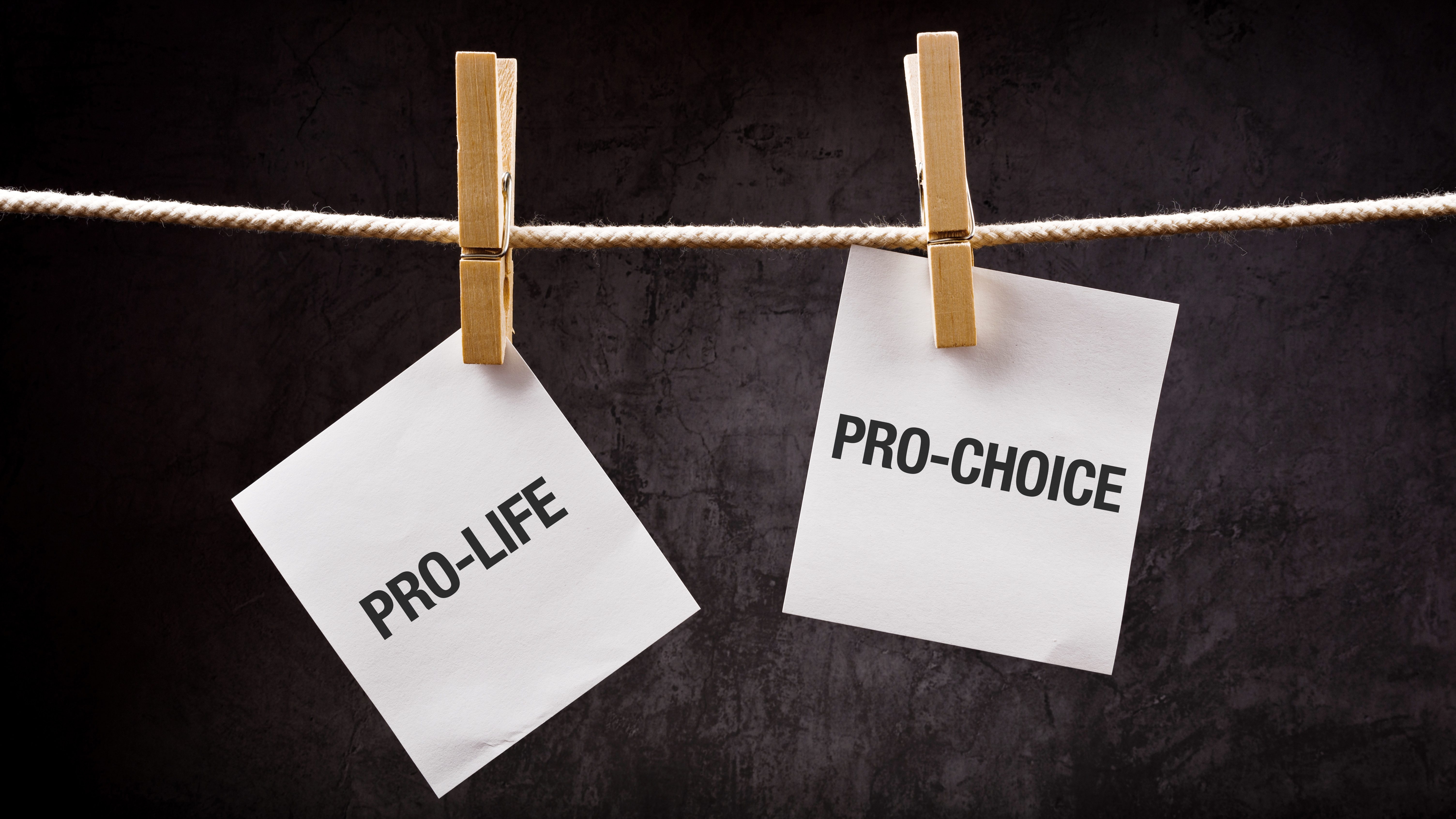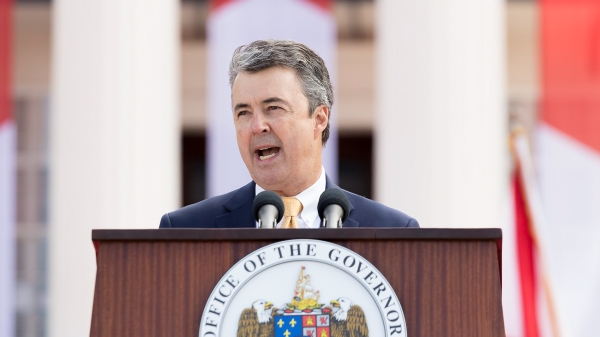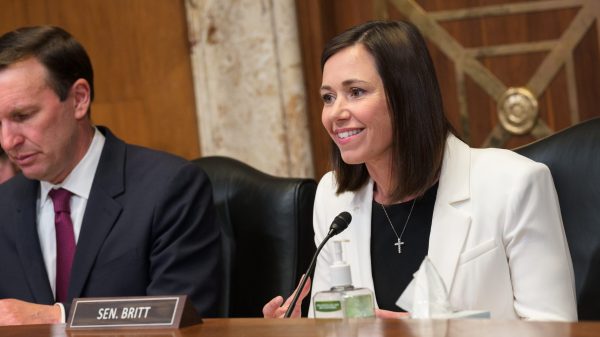A woman grabs her belongings, exits a car and locks her eyes straight ahead as she rushes past a cluster of berating protestors to make arguably one of the most political decisions she can — the decision to get an abortion.
According to the American Journal of Public Health, nearly one in four women in the United States experiences this before they reach age 45. In more liberal states, this may be a simpler decision to make for one’s health or wellbeing, but in Alabama, the social stigma surrounding the procedure can make that decision especially emotionally strenuous.
This strong disapproval of abortion, though seemingly ingrained in Southern culture, was not always the law of the land. In colonial and early America, abortion before “quickening,” a term used to describe the feeling of a fetus kicking, which could only be confirmed by the pregnant woman herself, was legal. In the early 1800s, it was common to find abortion providers advertising their services and abortifacient drugs in newspapers.
As time went on, abortion was deemed illegal, but the argument that fetal life is sacred, used by the current anti-abortion movement, was not the common motivator against it until the 1973 Supreme Court decision in Roe v. Wade. Rather, the potential dangers of the procedure at the time and disapproval of premarital sex and adultery took center stage.
Now, 46 years after Roe v. Wade and nearly 27 years after Planned Parenthood v. Casey, which allowed states to regulate abortions so long as no undue burden is placed on the woman, abortion has become one of the most dividing topics in the country.
In the 2018 midterm elections, the majority of people in Alabama firmly declared themselves as anti-abortion by passing statewide Amendment Two, declaring Alabama a “pro-life” state.
The law is a statement of values to the rest of the country and paves the groundwork for a future Alabama if the Supreme Court decides to make any decisions allowing more limitations on abortion rights. It currently has no legal power.
“I think the Alabama law is mostly aspirational,” said Bryan Fair, professor of law at The University of Alabama with expertise in constitutional law and civil rights. “The law does little more than state the official policy of the state, even if it’s not the official view of lots of people who live in Alabama.”
Alabama Public Service Commission President Twinkle Cavanaugh, who co-chaired the amendment campaign along with two other Republican women, confirmed this, saying that the purpose of the amendment was to clearly display that the state of Alabama does not guarantee a right to an abortion or support using tax money to fund abortions.
“We won’t be caught in Alabama with a situation where we don’t have our Constitution ready to go,” Cavanaugh said. “It is clear in Alabama that we are a lighthouse for life, and it is clear how a majority, matter of fact an overwhelming majority, of citizens in this state feel about life.”
The amendment drew nationwide attention after being passed. Planned Parenthood Southeast President and CEO Staci Fox said the amendment, which condemns abortion without exceptions for rape or incest, is disrespectful to Alabama women.
“The bottom line here is that abortion is health care, and for some reason, we don’t seem to want to understand that for women,” Fox said. “What we’re saying to women in Alabama is that we don’t respect you and your bodily autonomy nor do we want to give you full access to the healthcare you need and deserve.”
The amendment shows a stark contrast to laws being passed in other states, specifically New York’s Reproductive Health Act. The New York law put protections for reproductive rights in place that would shield the state if federal abortion laws were to change, essentially the opposite of the Alabama amendment.
It also allows abortions after 24 weeks only if the woman’s health is in danger or if the fetus is not viable, which has sparked anger among anti-abortion advocates.
“It scares me to death that as a nation we are OK with killing children that are within moments or days of being born,” Cavanaugh said. “It is wrong. There’s no other way to look at it.”
Cavanaugh compared the buildup to the New York law to a slippery slope, saying that the slow addition of more laws that support abortion rights led to this law, which she sees as extreme.
Fox has a different view on the law, seeing it as a step in the right direction.
“I think it’s great,” Fox said. “I think it’s an interesting juxtaposition of how states are preparing for a post-Roe scenario. While New York is doing things proactively to remove barriers [to reproductive care], Alabama is doing just the opposite through Amendment Two and other legislative actions of the past few years.”
Fox also saw conservative misunderstandings on the New York law being taken to extremes. President Donald Trump furthered the law’s stigma in his State of the Union address on Feb. 5, saying the law allowed for “a baby to be ripped from the mother’s womb moments before birth.”
“I think we should set the record straight,” Fox said. “There is no such thing as an abortion up until or during birth. The claims made by our opposition and the opposition to what’s going on in New York are just outlandish, and honestly, they are intentionally deceptive.”
Though Alabama is a majority anti-abortion state, disagreements on these laws have brought tension between anti-abortion and pro-abortion rights Alabamians. According to Cavanaugh, many have argued about the subject on social media, while others, like herself, have agreed to disagree.
“In this fight right now between people who believe that it is a life that needs to be protected and people who feel that murder is OK right as a newborn, I think we’ve come to a point where the two sides are not going to change each other’s minds,” Cavanaugh said.
Disagreements in Alabama mirror those nationally as states further distance themselves based on political ideology. When it comes to abortion, Fox attributed this strong tension to a lack of knowledge on the subject.
“I think the reason we have a divide is because we have all been complicit in creating shame and stigma around abortion,” Fox said. “We don’t make space for women to share their stories in an honest way.”
Both the New York law and Alabama amendment prepare the states for a situation where the Supreme Court overturns or modifies Planned Parenthood v. Casey or Roe v. Wade. The question is: will this happen?
The answer is fairly complicated and definitely uncertain. With the recent additions of Justices Neil Gorsuch and Brett Kavanaugh, there is now a strong conservative majority in the court, and Trump may have the opportunity to appoint more justices, especially if he is re-elected in 2020.
“Like many people, I’m very excited about the changes that have been made on the court,” Cavanaugh said. “I pray that President Trump will have an opportunity to put more judges on the bench and that they will be conservative judges.”
However, recent developments may point toward no immediate, drastic changes being made with the current court. On Feb. 7, the Supreme Court blocked Louisiana’s Unsafe Abortion Protection Act, which would have required abortion doctors to have admitting privileges at a hospital within 30 miles of their abortion facility, leaving only one current doctor in the state authorized to provide abortions.
A similar Texas law was struck down in 2016 for placing an undue burden on women seeking abortions, violating Planned Parenthood v. Casey.
Fair noted Chief Justice John Roberts as a key person to watch in future Supreme Court decisions. Roberts dissented in the 2016 Texas law case, but this year, he voted alongside liberal justices in the majority opinion for the Louisiana case, showing a possible turnaround in his opinions on abortion.
“If the court continues to follow the undue burden standard of Casey, then most restrictive laws that do place an obstacle in the path to terminate a pregnancy will be struck down,” Fair said. “There are lots of ways that the right [to an abortion] can be narrowed in subsequent decisions. Whether the court will do that or not I think is just speculation on all sides.”
This uncertainty strikes concern for many pro-abortion rights advocates in Alabama. Should any changes allowing the states to add further limitations to abortion rights occur in the Supreme Court, the state will automatically buckle down under the amendment, making it more difficult for Alabama women to access safe abortions.
“I believe firmly that all women, all humans really, should have an equal and just seat at life’s table, and I think that bodily autonomy and that freedom that humans get when they have autonomy over their own lives is one piece of the puzzle to get that seat at that table,” Fox said. “Abortion’s just the new fight around women’s power and autonomy. Before, it was contraception, and before that, it was voting, and before that, it was whether or not women could own property. Until women achieve full freedom, we’re going to be fighting these fights.”
As the country and the Supreme Court continue to change, all Alabamians can do is wait to see which opinion prevails.
“I just don’t imagine going back to a time when people had to secretly find abortion services in back alleys,” Fair said. “It’s hard to imagine that we would go back to that, but lots of things have surprised me about our country.”





















































